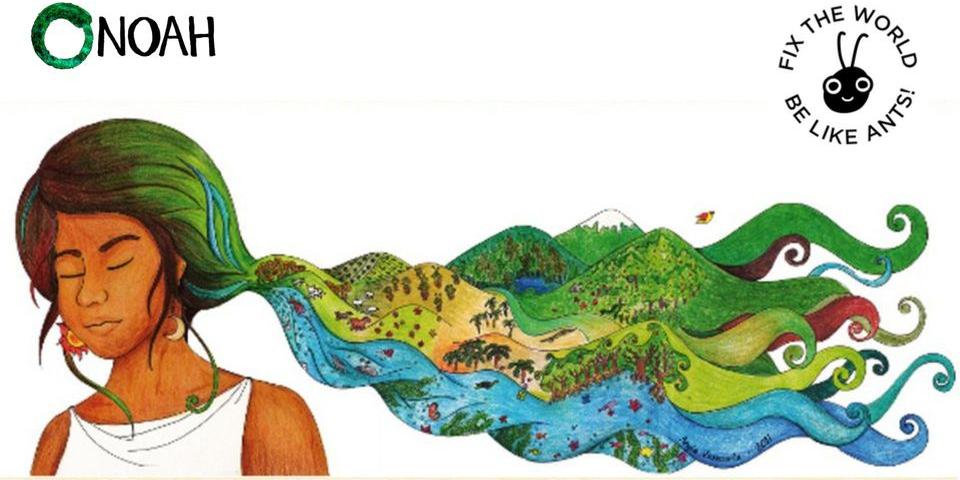
Folkekøkken: Decolonising the Climate Movement
Mejlgade 53, 8000 Aarhus
What does international solidarity mean in practice? Activists from Mozambique and Colombia will share their perspectives and reflections.
Eventet vil foregå på engelsk/The event will be in English.
How can groups in the Global North and the Global South together destroy the colonial ties that still shape the world? And how can the climate movement in Denmark and other countries in the Global North actively support the struggles of people at the frontline of extractivism and climate change. Come enjoy delicious food and join the discussion!
Many communities, particularly in the Global South, already feel the disastrous effects of climate change in their everyday life. Here, the fight against climate change often takes the form of resisting large extractive projects, which deepen the climate crisis, cause environmental destruction and displacement of people, while the profit and the goods produced often goes abroad. In Denmark, the climate debate tends to focus on CO2-emissions, leaving out the large responsibility Denmark and other high-consumer countries have in causing the climate crisis.
Environmental activists from Mozambique and Colombia will share their experience from resisting extractivism, such as mining and coal in their countries. They will share their thoughts on how the global climate movement can become stronger and more effectful, and what movements in Europe can do to hold companies accountable for human rights violations abroad.
About the participants:
Kete Fumo and Ilham Rawoot from Justica Ambiental (JA!) in Mozambique, work with communities affected by mining and gas extraction in Mozambique, particularly with documenting human rights violations and holding companies accountable. JA! have been active in resisting a large gas project in Cabo Delgado, and they are advocating for pension funds and banks to divest from the project.
Catalina Caro Galvis and Tatiana Rodríguez Maldonado from Censat Agua Viva in Colombia, have for many years worked with local communities to stop different extractive projects, particularly mining and coal. They have been active in the resistance to the world’s largest open pit coal mine, Cerrejon, in La Guajira in northern Colombia.



